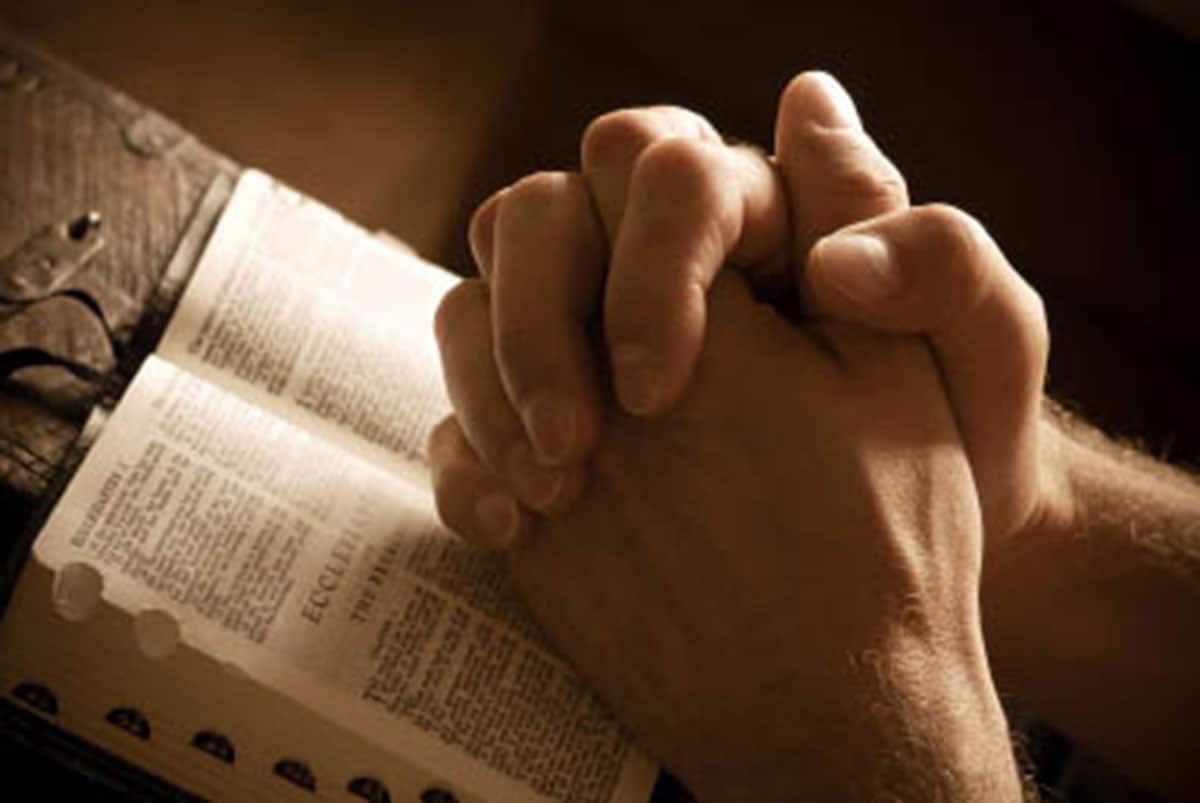Opinion
Displeasing Their Lord

A Supreme Court ruling is likely to open the floodgates to the reintroduction of Christian prayers in public forums, perhaps in far more discriminatory and coercive forms than was the case in Greece, NY.
The Supreme Court recently ruled that public prayers at local-government meetings do not violate the First Amendment prohibitions against the establishment of religion. In a split decision (5-4), Justice Anthony Kennedy wrote: “The town of Greece does not violate the First Amendment by opening its meetings with prayer that comports with our tradition and does not coerce participation by non adherents…. Our tradition assumes that adult citizens, firm in their own beliefs, can tolerate and perhaps appreciate a ceremonial prayer delivered by a person of a different faith.”
Justice Kennedy rejected arguments that constituents might feel pressured to join the prayers: “Nothing in the record indicates that town leaders allocated benefits and burdens based on participation in the prayer, or that citizens were received differently depending on whether they joined the invocation or quietly declined. In no instance did town leaders signal disfavor toward nonparticipants or suggest that their stature in the community was in any way diminished.”
The court’s decision is a major setback to the doctrine of separation of church and state and neglects the practical implications of forcing sectarian prayers down the throats of adherents of other religions and atheists, which will have the effect of making them feel unwelcome in public forums.
As Justice Elena Kagan noted in her dissent: “Month in and month out for over a decade, prayers steeped in only one faith, addressed toward members of the public, commenced meetings to discuss local affairs and distribute government benefits…. The practice thus divides the citizenry, creating one class that shares the board’s own evident religious beliefs and another (far smaller) class that does not.”
However, the majority countered that: “The town made reasonable efforts to identify all of the congregations located within its borders and represented that it would welcome a prayer by any minister or layman who wished to give one. That nearly all of the congregations in town turned out to be Christian does not reflect an aversion or bias on the part of town leaders against minority faiths.”
It pointed out that the town “made it clear that it would permit any interested residents, including nonbelievers, to provide an invocation, and the town has never refused a request to offer an invocation.”
But the fact was, as the dissenters pointed out, “during the more than 120 monthly meetings at which prayers were delivered during the record period (from 1999 to 2010), only four prayers were delivered by non-Christians. And all of these occurred in 2008, shortly after the plaintiffs began complaining about the town’s Christian prayer practice and nearly a decade after that practice had commenced.”
The Supreme Court ruling is likely to open the floodgates to the reintroduction of Christian prayers in public forums, perhaps in far more discriminatory and coercive forms than was the case in Greece. With the legal option to challenge these practices now foreclosed, opponents of sectarian prayers at public forums need to become more proactive and inventive in expressing their oppositions. They can do so by declining to rise to participate in these prayers or even by turning their backs. Such actions are legally protected, although, admittedly, most of us are discomfited by raising our objections so publicly. Another option is to request permission from the organizers to offer non-Christian prayers. This will expose local residents to the practices of other faiths and, equally importantly, unmask the professed neutrality of officials of townships, such as Greece, as mere fronts to promote and evangelize Christianity. Perhaps this may create as much discomfiture for Christian evangelists as their proselytization causes people of other faiths.

You must be logged in to post a comment Login